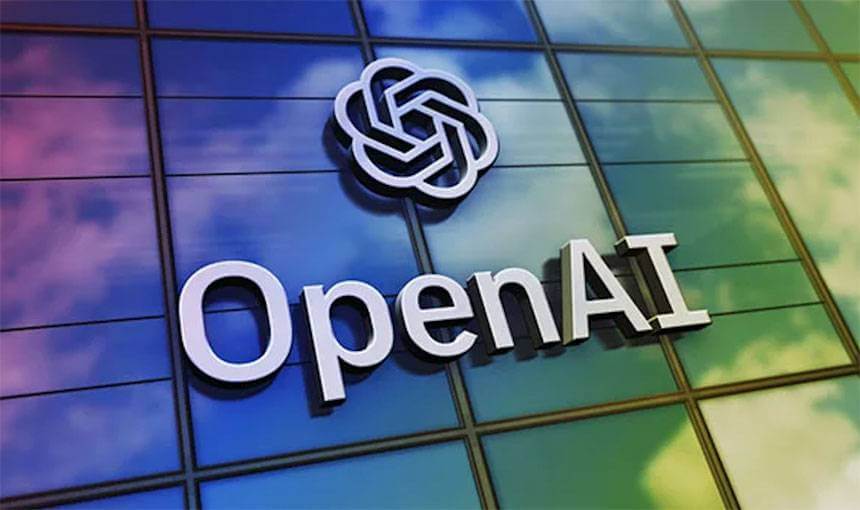SoftBank Group has reported a net profit of ¥2.5 trillion ($16.6 billion) for the July-September quarter, marking its third consecutive profitable quarter. This impressive performance is largely attributed to gains from its stake in OpenAI, the company behind the popular AI chatbot ChatGPT. The profit significantly surpassed both the ¥1.18 trillion from the same period last year and the average analyst estimate of ¥207 billion.
Key Drivers of Profitability
The Vision Fund unit posted an investment gain of ¥3.5 trillion, with ¥2.16 trillion stemming specifically from SoftBank's holding in OpenAI. SoftBank's strategic focus on artificial intelligence, robotics, and autonomous driving sectors has significantly bolstered its financial performance, leading to substantial growth in revenue and net asset value. The company's aggressive expansion into AI, with sizable investments in companies such as OpenAI and PayPay, drove a $19 billion profit in its Vision Fund segment. For the quarter ended September 30, SoftBank reported "new highs" in AI-related revenues, showing 93% annualized growth.
Strategic Shift Towards AI
SoftBank is solidifying its position in the AI landscape through strategic investments and acquisitions. The company is reportedly planning a substantial $22.5 billion investment in OpenAI. To finance these AI investments, SoftBank has divested its entire stake in Nvidia, raising $5.83 billion. Yoshimitsu Goto, SoftBank's CFO, stated that the company had to use its existing assets to finance new investments in OpenAI, which are projected to be more than $30 billion this year. The proceeds from the Nvidia and T-Mobile share sales will serve as "sources of cash" to fund SoftBank's planned investment in OpenAI and other initiatives, including the acquisition of ABB's robotics unit.
Market Reaction and Concerns
Despite the impressive earnings, SoftBank's stock price experienced some volatility. Shares fell sharply in the past week, wiping nearly $50 billion off its market capitalization, due to concerns over a potential AI bubble. However, the stock is still up more than 140% year-to-date, reflecting the revival in its technology investment unit. Some analysts express skepticism about the sustainability of AI-driven growth amid broader economic uncertainties. Concerns persist among investors regarding an "AI bubble," where the committed capital may not generate sufficient profits to justify the investments.
SoftBank's Vision for the Future
SoftBank aims to lead the market in AI innovations, underscored by investments in OpenAI and the acquisition of ABB Robotics. The company's long-term vision is to become a company that provides next-generation social infrastructure essential for the development of a digital society. SoftBank's strategy involves building digital public infrastructure, including homegrown LLMs and AI data centers, to develop a large domestic market and deploy diverse services. The company anticipates that AI will be incorporated into various products and services, enabling people to enjoy convenient and comfortable lifestyles.
Investment in OpenAI's Infrastructure
SoftBank is investing in the "Stargate Project," which is critical for securing the computing power essential for the advancement of OpenAI's AI models. SoftBank's CFO emphasized that AI service demand drives their investment strategy, contrasting it with the dotcom era, as AI firms are now generating significant revenues. OpenAI is reported to have signed a deal with Oracle to purchase $300 billion in computing power over roughly five years. An investment of $500 billion is expected to be made in a new company — Stargate Project — to fuel this expansion over the next four years.















